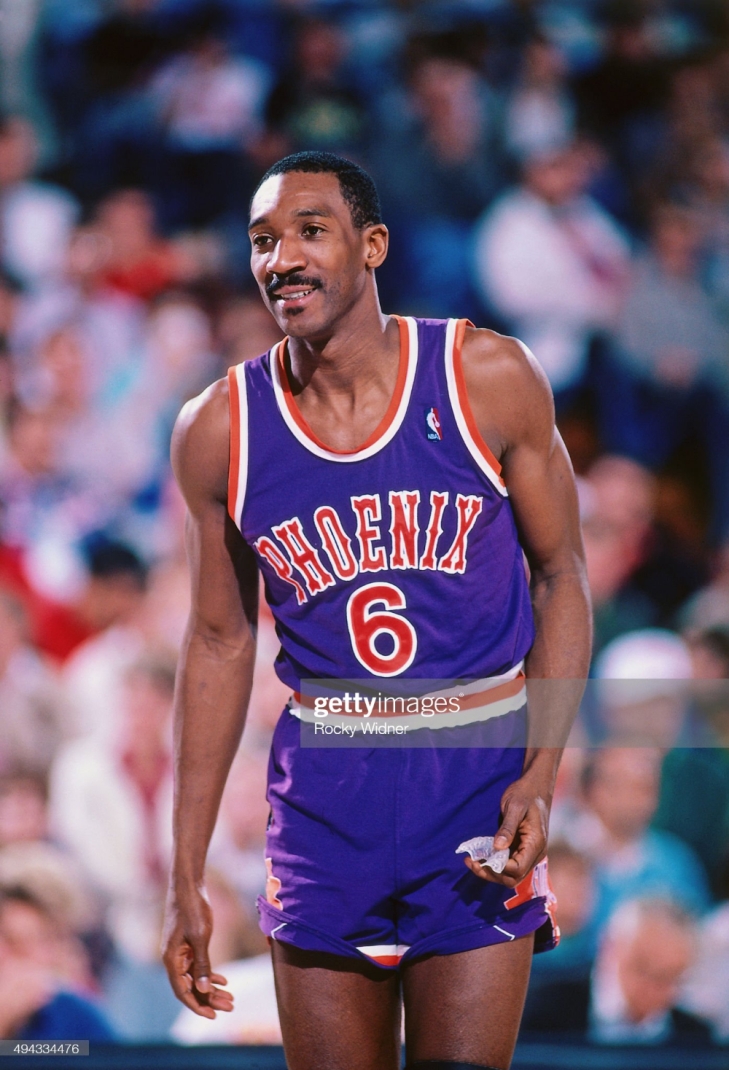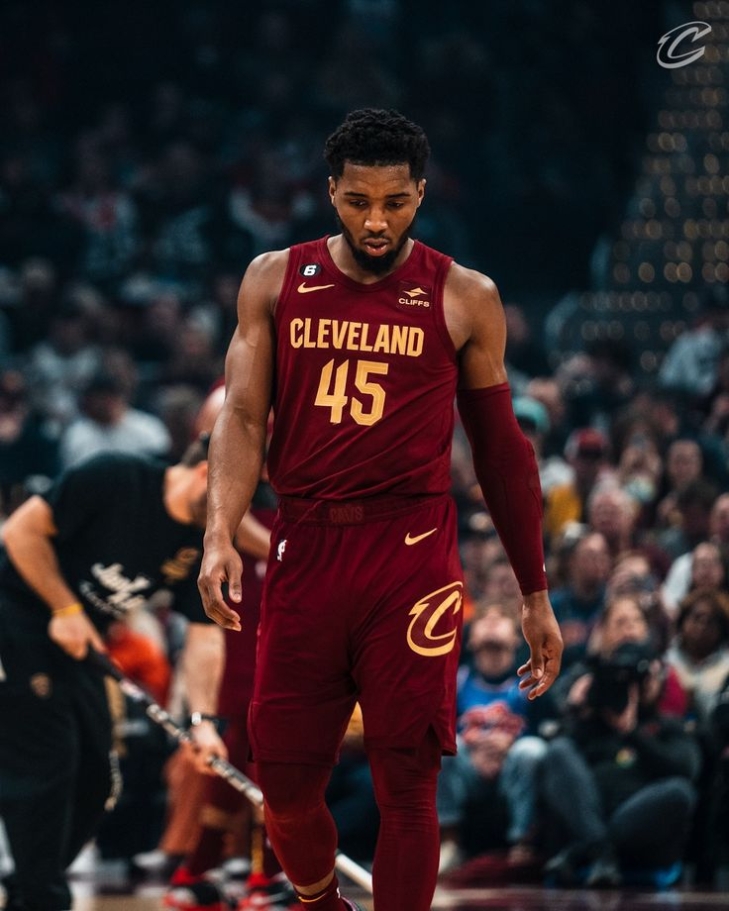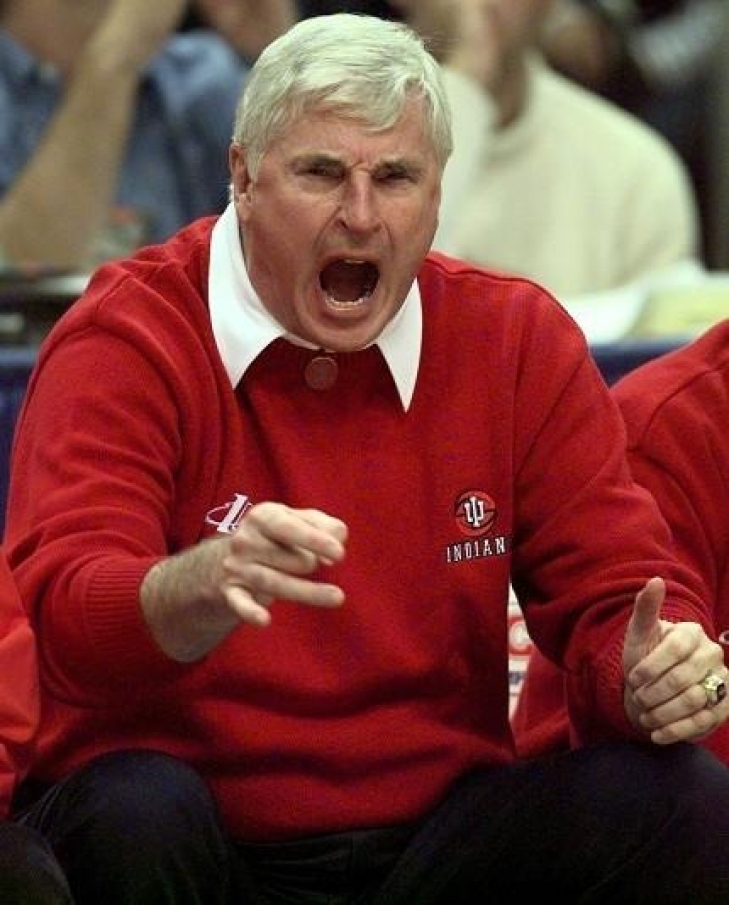
Committee Chairman
RIP: Walter Davis
Six-time All-Star, Walter Davis, passed away today at the age of 69.
Davis was a First Team All-ACC player at the University of North Carolina, and won Gold at the 1976 Olympics for the United States. Drafted ninth overall by the Phoenix Suns in 1977, Davis won the Rookie of the Year, and appeared in all of his All-Stars as a Sun. He also played professional for Denver and Portland, and was one of the few deep threats of his day.
He accumulated 19,521 Points over his career, and had six 20-plus PPG seasons. Davis was also twice a Second Team All-NBA selection.
Davis is ranked #13 on our Notinhalloffame.com list of those to consider for the Naismith Basketball Hall of Fame, and his #8 was retired by the Suns.
We here at Notinhalloffame.com would like to extend our condolences to the fans, friends and family of Walter Davis.
12. Donovan Mitchell
The NBA is so much different than the other Big Four Sports in North America as you can’t expect a player to rank in the Top 50 after only playing one season on an established team, but that is the game of basketball, and here we have Donovan Mitchell, who established that he was the heart of Utah’s previous success, and not Rudy Gobert.
The Cavaliers gave up a lot to get Mitchell (Collin Sexton, Lauri Markannen and five 1st Round Picks) and though it is early, Mitchell provided Cleveland with his best year to date, a Second Team All-NBA with a 28.3 PPG. The Shooting Guard went to his fourth All-Star Game, took Cleveland to the playoffs, and is the piece they will build around.
Time will quickly tell how that pans out, and with three great seasons under his belt, Mitchell could be the tonic that brings Cleveland their second title.
RIP: Bobby Knight
Bob Knight, an iconic figure in college basketball passed away yesterday at the age of 83.
As controversial as he was successful, Knight became a head coach at the age of 24 when he took over the reins at Army, but six years later, he took over at Indiana where he became nationally known. With the Hoosiers, Knight won three National Championships (1976, 1981 & 1987) went to five Final Fours and won 11 Big Ten regular seasons. He was also a three-time AP Coach of the Year, and five-time Big Ten Coach of the Year. Following his dismissal from Indiana after years of controversial actions, he became the Head Coach at Texas Tech.
He had an overall record of 902-371.
Knight was inducted into the Naismith Basketball Hall of Fame in 1991 and College Basketball Hall of Fame in 2006.
We here at Notinhalloffame.com would like to extend our condolences to the family of Bob Knight.
Paul Stastny Retires
Days after the official retirement of a future Hockey Hall of Famer in Joe Thornton, another significant hockey player has announced his career has come to an end.
Paul Stastny, the son of Hall of Fame inductee, Peter Stastny has retired from the game after last playing with the Carolina Hurricanes. Stastny was an All-Rookie Center with the Colorado Avalanche in 2006-07, and he eclipsed 70 Points in three of his first four NHL Seasons. An All-Star in 2011, Stastny also played for St. Louis, Winnipeg and Vegas, and accumulated 822 Points. Internationally, he represented the United States, where he won a Silver Medal in the 2010 Olympics and Bronze at the 2013 World Hockey Championship.
Stastny, who will be Hockey Hall of Fame eligible in 2026, is unlikely to enter the Hall, but if the Avalanche ever have a franchise Hall of Fame, he is a possible entrant down the road.
We here at Notinhalloffame.com would like to wish Paul Stastny the best in his post-playing career.





